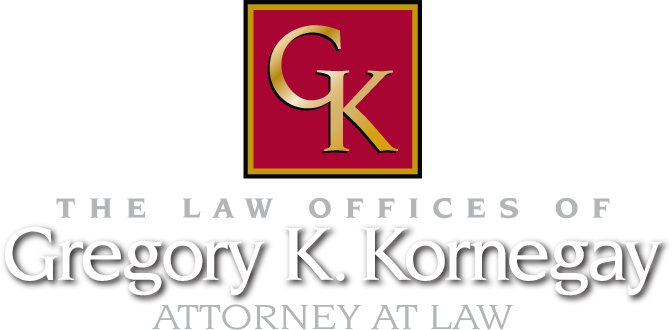The Bankruptcy Estate
When you file a bankruptcy case in Wilmington, an estate is created to be administered by the bankruptcy trustee. The trustee represents your bankruptcy estate as a separate entity. For Chapter 7 cases, the trustee has an interest in your bankruptcy estate not just because they represent the estate, but also because the trustee is entitled to a commission on any property that can be taken from your estate and sold so that your unsecured creditors can be paid. Most of the time you will be allowed to keep almost all of your personal property simply by applying exemptions to protect that property in your bankruptcy estate. You may be allowed to keep real property, depending on the circumstances. Keep in mind, you will not need an exemption to protect property if the property is not in the bankruptcy estate.
Almost Everything You Own Becomes Part of the Bankruptcy Estate
This can even include property you used to own but improperly transferred to someone else. Property that you own but that is not in your possession is also included in the estate. The same applies to furniture or a car that you own but someone else is using. Your security deposit that you paid to your landlord or the utility company is also part of your bankruptcy estate even though you do not have possession of that deposit.
In a Chapter 7 case, if you become entitled to receive any property within 180 days after filing because of an inheritance or marital settlement agreement, this could be considered part of your bankruptcy estate. However, property that belongs to someone else but is in your possession will not be considered – this is because you do not have the right to sell it or give it away.
Bankruptcy Estate in a Chapter 13 Case
A Chapter 13 case includes certain property acquired after the case is started, but before the case is closed. For example, the debtor’s wages and assets obtained after filing become part of the bankruptcy estate.
Property Not In the Bankruptcy Estate
Certain types of property are excluded and no exemption is needed to protect this type of property:
- Funds in an educational IRA (i.e. Coverdell education savings account);
- Money placed in ERISA qualified plans and withheld from the debtor’s wages or received by an employer from the debtor;
- Trust property in which the debtor serves as trustee;
- Spendthrift trusts with anti-alienation language; and
- The debtor’s interest in personal property that is pawned where the pawnbroker retains possession of the property.
What Our Clients Say:
Member:

Attorney Gregory Kornegay
Greg is a trial attorney in Wilmington with over 30 years of experience. Greg was born and raised in southeastern North Carolina. Before law school he managed a store with employees making a payroll every week. His first job out of law school was as an Assistant District Attorney investigating and trying cases for the State of North Carolina. Through the years he has handled many different types of cases – including death penalty cases.
Being married with children has been a blessing and a challenge, but has served him well in understanding the problems individuals and families face as they live out their lives. Greg believes that each case is different and the needs of each client are unique, but there are certain themes of life that we all share.


